Each year we produce nearly 300 million tons of plastic, and most of that is for single-use products. Here, we speak to Tom Pell, the man behind Birmingham's first ‘zero-waste’ supermarket
Tom Pell
2018 will see the grand opening of Birmingham's first “zero-waste” supermarket: The Clean Kilo. The supermarket, which will sell food, drink, cleaning products, and toiletries, hopes to encourage shoppers to adopt a lifestyle that is less dependant on disposable products and plastic. We caught up with the founder, Dr Tom Pell, to find why reducing our environmental impact matters to him, the future of The Clean Kilo, and some tips on how we can all begin to work towards a “zero-waste” life.
Each person is only alive for a tiny amount of time compared to the lifespan of the planet, and we need to minimise the impact we have so that future generations can enjoy the planet in the same way we see it. Our planet is beautiful in so many ways; it’s such a massive shame that we don’t look after it properly.
When I was doing my PhD in chemistry, I spent a lot of time having a vocational crisis, working out what it was I wanted to do next. I racked my brains trying to come up with something that would have a positive effect rather than a negative one. When I came across the issues with ocean plastics, I felt like selling products without packaging would be an excellent way to make a positive impact, either directly, or by raising awareness.
Each person is only alive for a tiny amount of time compared to the lifespan of the planet, and we need to minimise the impact we have
My background is in chemistry. During my undergraduate degree, I learnt a lot about environmental issues which piqued my interest. I continued to specialise in inorganic/organometallic chemistry over the years during my Masters and PhD.
I haven’t got much experience in food retail apart from a two-year stint working at Tesco on the checkout and stacking shelves. This has been a very steep learning curve!
I was having a conversation with my partner about what products we could invent that would help people cut down on their plastic use. My partner asked the question: “Why doesn’t a shop exist where products don’t come in packaging?” I happened to have seen a food shop like this in Melbourne, Australia, called Source Bulk Foods, which I really loved because I wanted to cut down on how much waste I produced when I was out there. With my partner’s backing and support, I started to work on the research and eventually found myself working on opening a zero-waste supermarket. When I used the shop in Melbourne, I had thought that it would be something that I would like to do myself, but never actually thought that I would be in a position to do it!
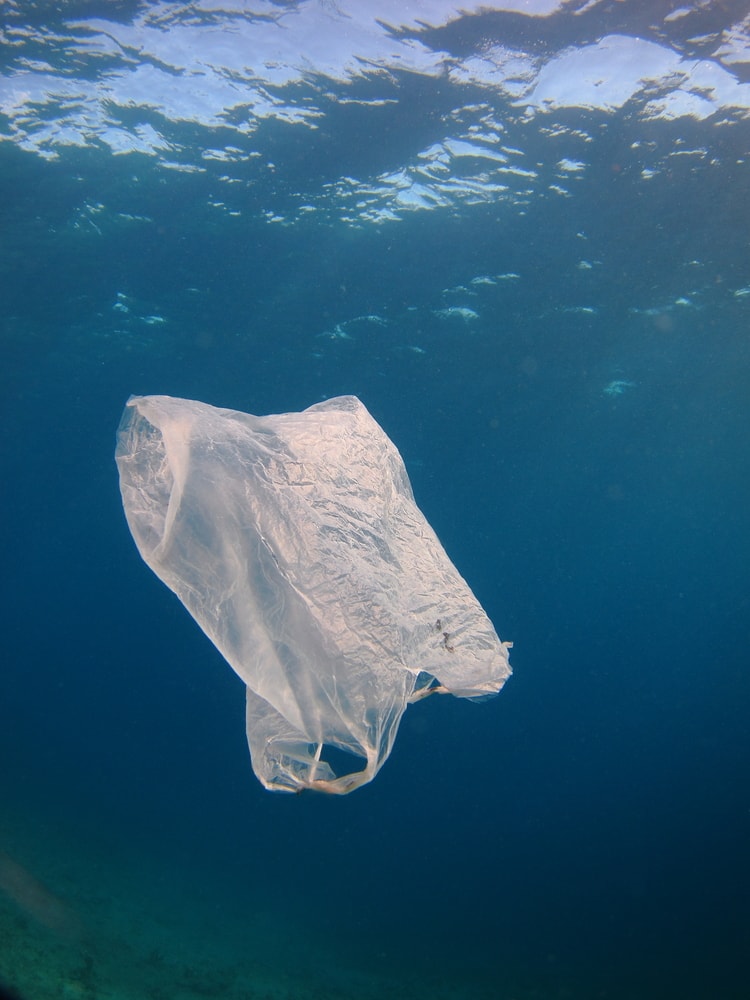
The word “Clean” in the name is literal because without the packaging we can produce a cleaner world: one without landfill. But also “Clean” relating to our conscience – not adding to an already burgeoning environmental crisis.
“Kilo” is the unit of mass that we will be selling products by in the shop. The scales in the logo also show this, but this also symbolises a balanced world where we can start to offset the rate of plastic being produced.
Currently nothing like this exists in Birmingham and there is clearly a very big demand for this type of service. Most shops similar to this are further south, in towns and suburbs which have a high proportion of environmentally conscious people – such as Totnes, Hackney, Clapham Junction, Bristol and Brighton. We feel that with there is a desperate need for type of shop in other parts of the country.
Primarily the shop will sell food, drinks, cleaning products and toiletries. Most of the food products will be dry, such as pulses, seeds, rice, pasta, cereals, nuts, fresh fruit/veg, oils, vinegars, baking products (like flour and sugar), chocolate, protein powder and herbs/spices; but also products like freshly ground (by the customer) nut butters and milk (plant and dairy), tea, coffee and juices.
In terms of cleaning products, we will cover a relatively comprehensive range including soap nuts, laundry liquid/powder detergent and conditioner, washing up liquid, toilet cleaner, floor cleaner and surface spray. Our list of toiletries will include liquid shampoo/conditioner, liquid hand soap, moisturiser, bars of soap, bars of shampoo, toothpaste (in glass jars), mouthwash (in tablet form), toothbrushes, razors, containers and jars. The list keeps going – and keeps evolving!
We want to build up our range of products and keep evolving it over the course of our first year or so – listen to customer feedback and change accordingly. We also want to try and replace as many of the products we get from big suppliers as possible with products from local producers. I have already started talking to local fruit and veg farmers about supply, but also local small farms that might be able to supply us with some of the more exotic produce such as beans, pulses and flours. It would be really good to connect with local farmers over the next six months to a year. Once we feel like we’ve got the shop perfect and customers happy, we’ll take stock.
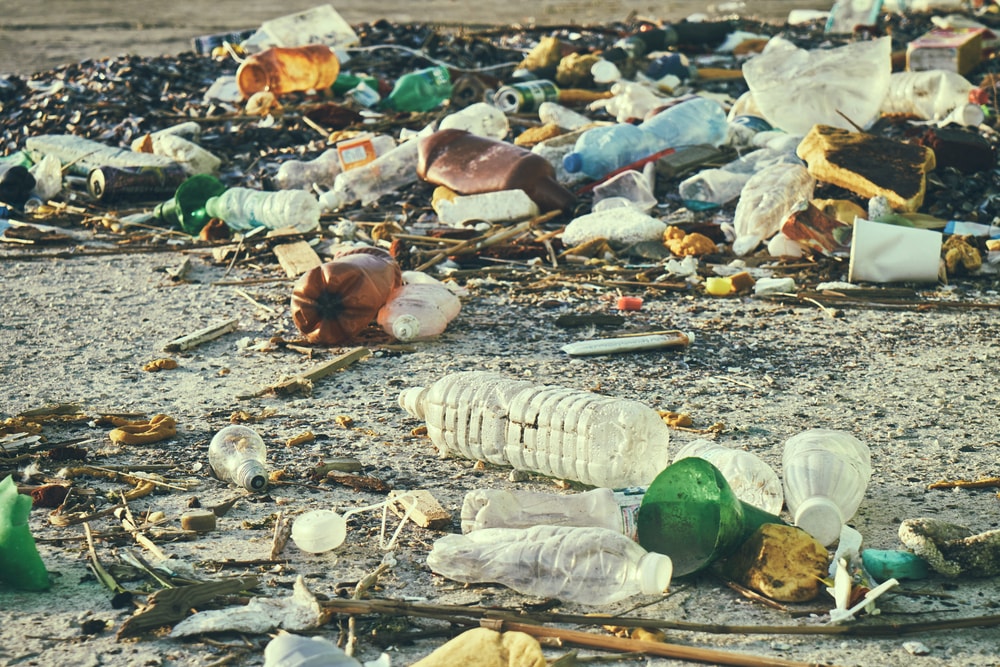
The term “zero waste”; is not a destination – it is a target. No one can claim to be zero-waste in today’s society; even if they shop at zero-waste stores and refuse single-use plastic in every way, there is still going to be waste produced, in the manufacture and distribution of all of the items they use.
And so this is why whenever we use the term “zero waste” we mean as close to zero as possible – and getting closer all the time.
I do, and I feel that it has made quite a big difference to my life. Having spent four years in Australia, I returned to the UK having left behind a completely different lifestyle, friends (who became like family), and a job that I loved (my PhD). I really struggled to find a job at first and most of my friends had moved away to different areas of the country. However, starting to work on this project gave me more of a purpose in life, and I think that this would have a similar effect on many people who struggle with more severe mental health issues than I had.
The best place to start is by replacing all of the non-reusables like bottles of water, coffee cups, cutlery and straws with reusables that are currently very easily sourced from places like amazon and ebay – though we’ll sell many items like this in our shop once we open!
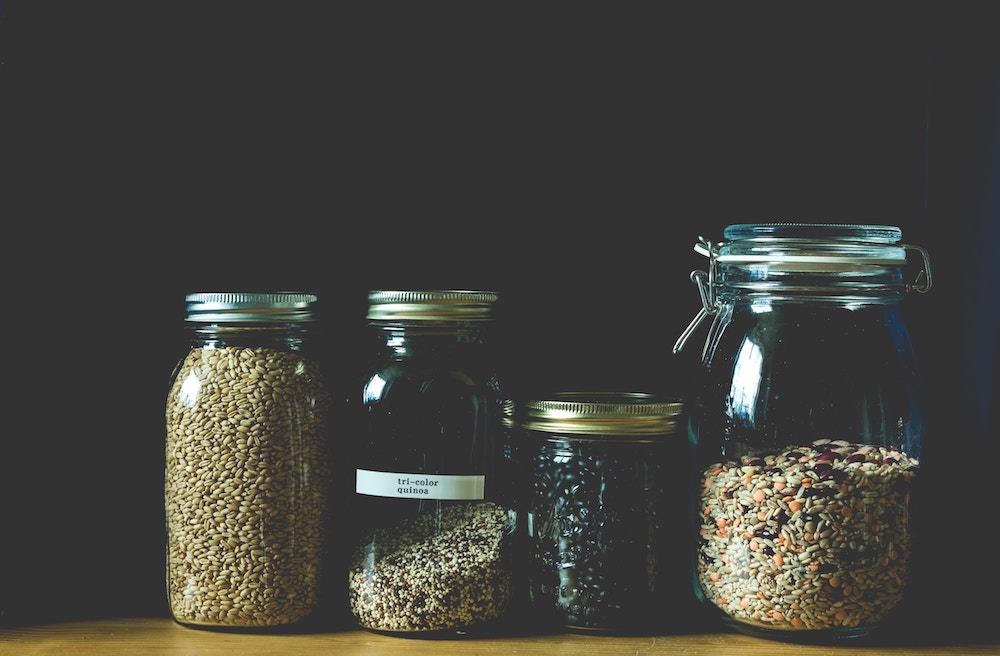
The next step is cutting out things like takeaways and packet sandwiches, and trying to make food at home before you go out. Of course, a lot of the ingredients for these will come wrapped in plastic from the supermarket and so you’ll need to find shops, bakeries, and markets that sell things without plastic; there is a wealth of information on local and national zero-waste groups on Facebook.
The more difficult things to give up are chocolate and crisps, which mostly come in completely non-recyclable packaging. The best thing to do in order to replace them is make your own from raw ingredients. Until you can find shops which sell the ingredients you need without packaging to make all the replacements then you’ve done as much as you can until shops like The Clean Kilo come along. It takes a lot of commitment to be “zero-waste”, and you must always remember that it is a journey.
To find out more about The Clean Kilo, visit their website, here.

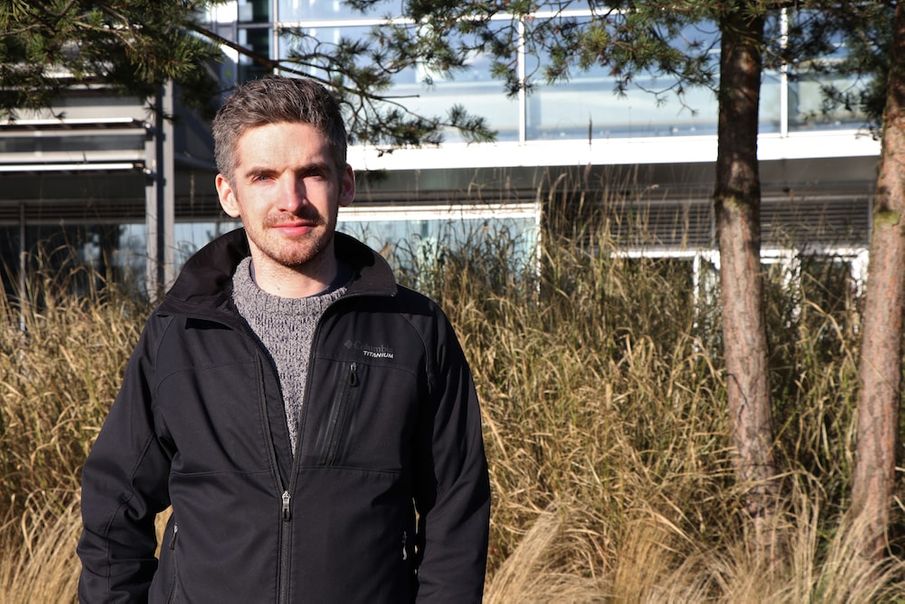
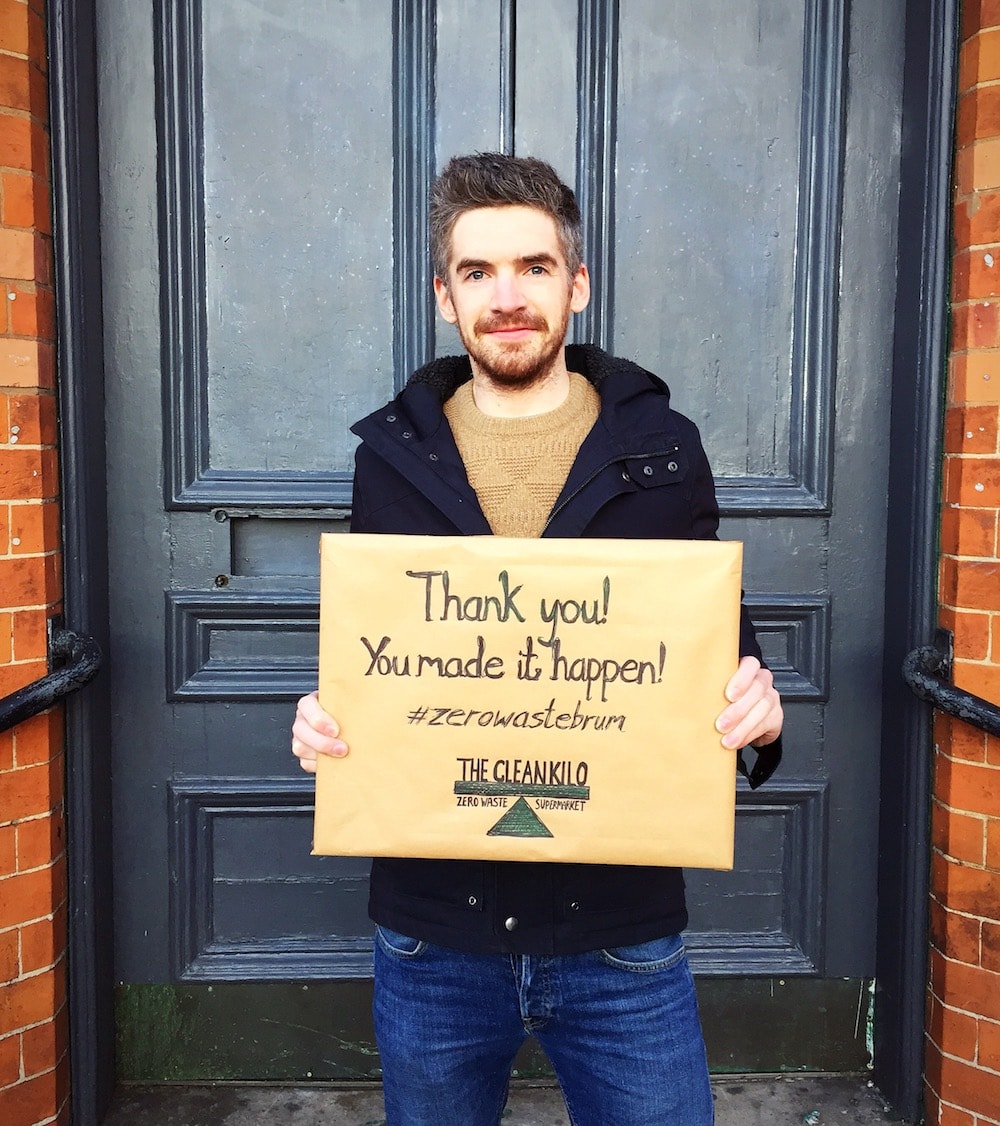
Comments